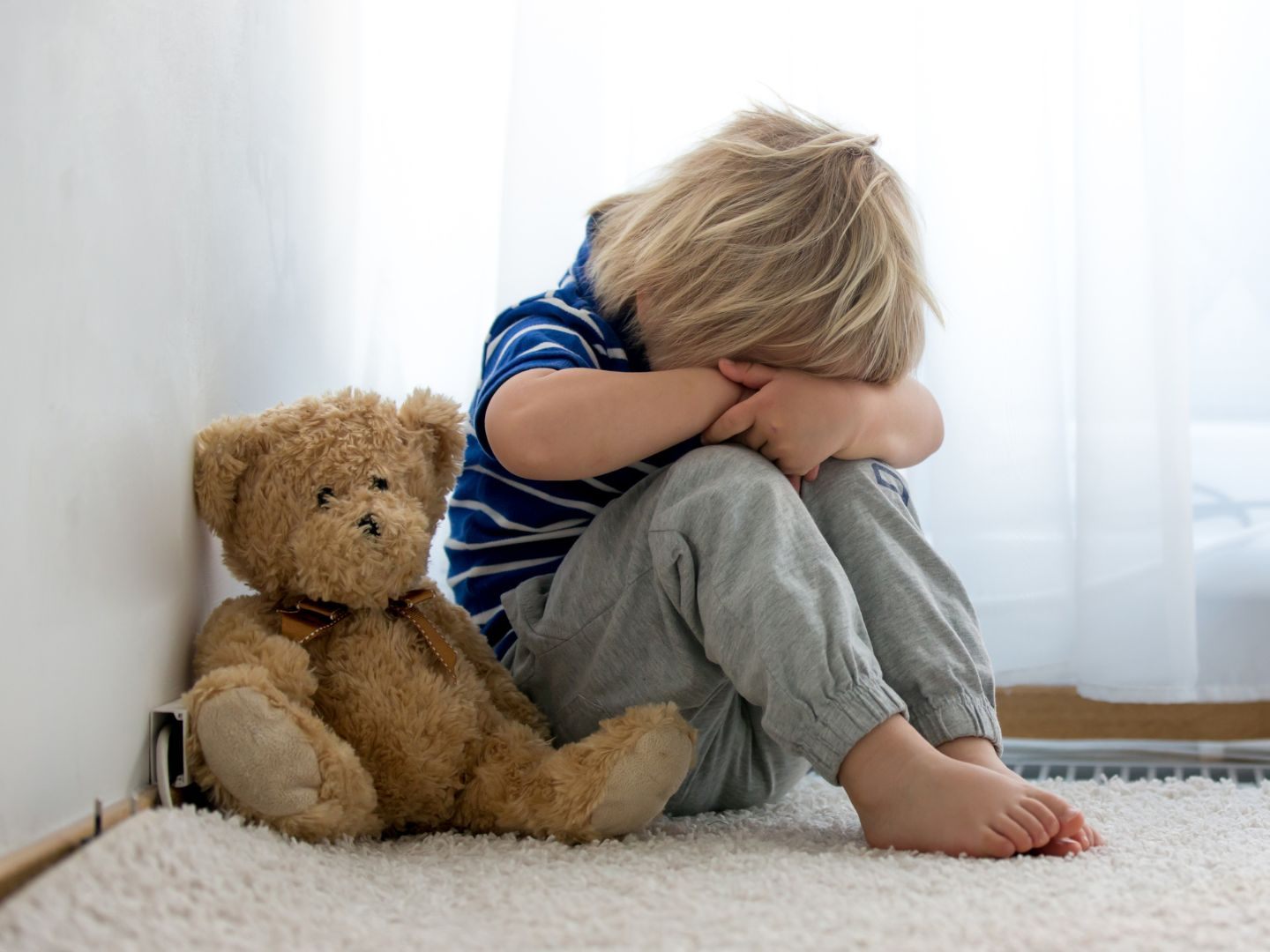5 Years After Corona: Children's Mental Health Continues to Deteriorate

Parents would therefore assess their children as more resilient, meaning more resistant, than they actually are or perceive themselves to be, it was said at a press conference on Tuesday. The results were based on surveys of Tyrolean parents, children, and adolescents. A total of 953 questionnaires on the topic of resilience were completed last autumn. The differing assessments of parents as well as children and adolescents - parents also perceived themselves as more caring than is actually the case - are in any case "remarkable," emphasized study leader and health psychologist Silvia Exenberger. The psychologist assumed that parents might not be able to clearly signal their support or might not sufficiently perceive the children's signals that they want support. It could help to directly express that one is there for the children and to show that one does not "freak out" immediately when problems arise.
Mental Disorders in Children Continued to Increase
Exenberger also emphasized how important certain factors are for the resilience of young people. "Children and adolescents whose families were in financial difficulties felt less resilient. With higher family wealth, they perceived themselves as more resilient," she said. Overall, girls reported higher resilience, Exenberger explained. "This aligns with the perception of parents, who also assessed girls as more resilient," the psychologist highlighted. To strengthen resilience, there are simple measures such as the school project "Creative Friend," during which the finding of creative solutions in children is promoted.
Meanwhile, Kathrin Sevecke, Director of the University Clinic for Child and Adolescent Psychiatry in Hall and Innsbruck, provided a rather sobering assessment of the general mental state of children and adolescents. The symptoms of stress have increased, and it is also known "that mental disorders will continue to rise," said Sevecke. "The mental health of our children has therefore further deteriorated," summarized the renowned expert.
Children and adolescents are still not doing well mentally. To counteract this fact, there is "room for improvement" in terms of expanding outreach ('home treatment') or outpatient services.
Multiple Crises Instead of Singular Corona Event
The mental health of young people has come under significant pressure during the pandemic, Sevecke emphasized once more. "The pandemic is just one of many factors, there are multiple crises," the scientist explained. She saw an urgent need for action also in the form of increased financial support from the public sector.
The Tyrolean Covid Children's Study has been conducted since March 2020. There were five survey points at which the mental well-being of children and adolescents was examined. The Tyrolean Post-Covid Children's Study followed on from this and has been conducted by the Med Uni since autumn 2023.
Health Councillor Cornelia Hagele (ÖVP) meanwhile assured the responsible parties at the press conference of an extension of the study funding until December 2025: "We are investing an additional 132,000 euros for the continuation of the study and the important topic of the mental health of our children and adolescents."
(APA/Red.)
This article has been automatically translated, read the original article here.





